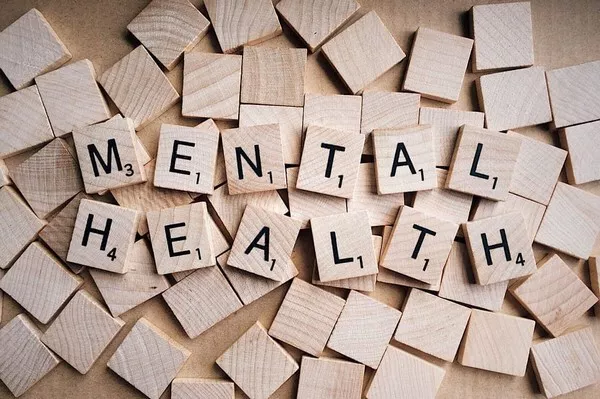Elite ice hockey players with a history of concussion are more likely to report heightened mental health symptoms, according to a new study from Lund University in Sweden. The study, which was published in the journal BMC Sports Science, Medicine and Rehabilitation, surveyed 648 players from Sweden’s two highest hockey divisions for men, the SHL and Hockeyallsvenskan, and the women’s top league, SDHL. The focus of the questionnaire was on alcohol consumption, mental health, and concussion history.
The study found that male hockey players had significantly fewer symptoms of depression/anxiety and burnout than other men, but 30% of male hockey players reported at-risk levels of alcohol consumption. Female hockey players reported comparable levels of depression/anxiety symptoms to the average Swedish woman, but burnout was far more common, with over 19% of women reporting clinical symptoms of burnout, almost double the rate among Swedish women on average. The female hockey players also reported high levels of alcohol consumption, with 36.4% reporting at-risk consumption.
Both female and male hockey players who reported more concussions were more likely to report elevations in various psychiatric symptoms, such as depression and anxiety. The correlation was clearest in both sexes after three or more concussions, with the risk of developing symptoms of depression doubling and the risk of burnout increasing three-and-a-half times. More than one in four male and almost one in five female players reported having suffered at least three concussions.
The study’s lead author, Mitchell Andersson, a doctoral student in psychiatry at Lund University, suggested several lines of inquiry for future research, including why alcohol consumption among elite players is so high. Andersson speculated that hockey players’ self-assumed toughness might contribute to male players underreporting possible mental health issues, while the high prevalence of burnout symptoms among female players might be related to the recurring pattern of lower salaries and the need to combine hockey with another job or academic studies. Andersson emphasized the importance of elite hockey players knowing where and how to get help, as they may feel frightened and isolated despite their success in the sport they love.
Related Topics:
-
Aerobic Exercise Boosts Cognitive Function and Quality of Life in Breast Cancer Patients
-
Gene Expression in Early Pregnancy Could Contribute to Sex-Based Health Differences

